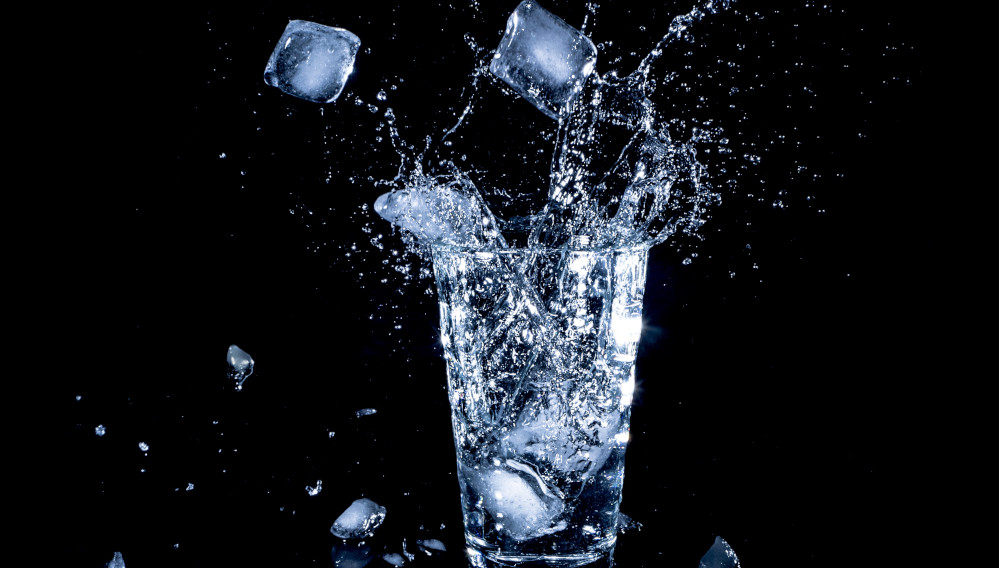Coke will launch a Topo Chico Hard Seltzer in Latin America
USA | At long last, Coca-Cola is jumping on the hard seltzer bandwagon with a new brand, based on its sparkling water, Topo Chico Hard Seltzer, which will launch in Latin America later this year.
Topo Chico is a well-known sparkling water company that has sourced and bottled water in Monterrey, Mexico, since 1895. It was bought by The Coca-Cola Company in 2017 for reportedly USD 220 million. The brand is popular in Mexico and in parts of Texas.
If all goes well, American consumers will be able to lay their hands on Topo Chico Hard Seltzer in 2021. Still, Topo Chico will be up against heavyweights such as White Claw (Mark Anthony Brands), Truly (Boston Beer) and other hard seltzers launched by all the major US brewers.
Coke to cull zombie brands
The news came on 30 July 2020, only a few days after the beverage giant said during its second quarter earnings conference that it would be culling “zombie brands” and items from its portfolio that weren’t going anywhere.
The first brand to be discontinued was the Odwalla brand of juices on 31 July, which shall give the firm “the flexibility to support our investments in brands like Minute Maid and Simply.” Coke’s CEO James Quincey explained that out of the company’s 400 brands, 200 generate 98 percent of revenue, while the other 200 manage to eke out just 2 percent, though gobbling up resources, such as salaries, advertising expenses, and many different kinds of overhead.
Coke does worse than PepsiCo
Coca-Cola is having tough times. The company also reported its largest decline in quarterly revenue in three decades. Net sales until the end of June dropped 28 percent to USD 7.2 billion. PepsiCo’s comparable figure was flat. Coke’s earnings per share dropped 32 percent to USD 0.41 and the company declined to give financial guidance for the year.
The biggest surprise was Coke’s loss of market share, which is clear when you compare its 16 percent volume drop with PepsiCo’s 11 percent beverage volume decrease over the same period, the website fool.com remarked.
That gap, management explained, is due to the disproportionate hit that the industry took in the “on-the-go” segment, which basically means restaurants, sporting arenas, cinemas and convenience stores. When consumers were banned from visiting these venues during the lockdowns, the company’s market share suffered.
Coke doesn’t expect its business to recover for several quarters – meaning years.


